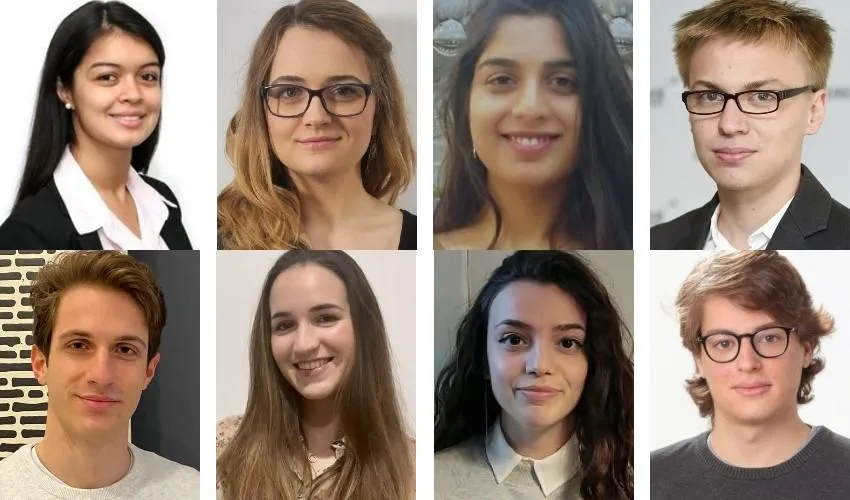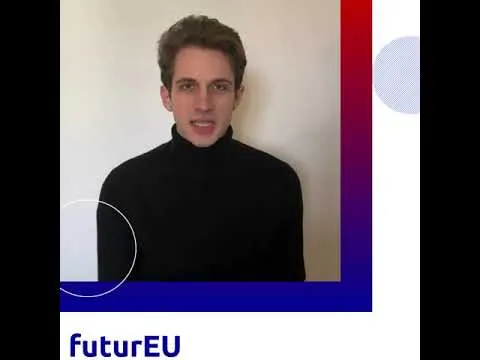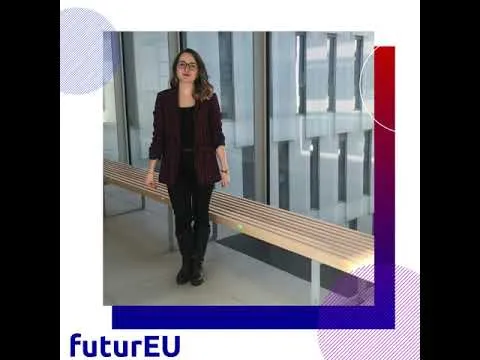
Two Bocconi Teams Among the Final Eight at the futurEU Competition
Two Bocconi teams are among the eight finalists of futurEU, a competition for students of the universities composing the CIVICA alliance. The teams were called to write a policy brief outlining a major reform of the EU Treaties and the competition was open to students from undergraduate to PhD researchers. On 14 and 15 April the final eight teams were supposed to defend their briefs in front of a jury in Berlin, but they will be forced to defend them in front of a computer. The oral rounds of 14 and 15 April will be streamed at https://www.futureu-initiative.org/. In the meanwhile, they've also been asked to film the videos you can see below.
When she got to know of the competition, Catalina Royero, a student of Bocconi PhD in Legal Studies, wrote to all the Bocconi PhD School students because she felt treaty reforms to be a multidisciplinary topic. A fellow PhD in Legal Studies student, Alina Trapova, and two PhD in Public Policy and Administration students, Nirosha Varghese and Michal GulczynÌski, answered her call. "We talked for a long time," Catalina Royero recollects, "and we decided to settle for an ambitious, but realistic reform".
Their policy brief Fairly Random: Unblocking the Rule of Law Proceedings through Random Selection of Voting Member States in the European Council, addresses the rule of law issue. "When a member state breaches the rule of law in respect to human rights, media freedom and so on", says Alina Trapova, "a suspension of voting rights is foreseen by Art. 7 of the Treaty on the European Union, but the rule is difficult to enforce because it needs the unanimity of the European Council. Even if the representatives of the member state concerned are excluded, political alliances keep the European Council from reaching unanimity. We propose to change this voting system."
The second team includes four BSc in International Economics and Management (BIEM) students, who were already working together for another CIVICA project, a collective report on the future of the European Union. The rule of law is the issue tackled also by Paolo Barone, Maria Francesca Martini, Gaia Remus, and Pietro Valetto, but the angle is different.
"It's paradoxical," says Paolo Barone, "that states, in order to enter the European Union, have to meet the so-called Copenhagen criteria, concerning political, economic, and administrative parameters, but no checks are established afterwards."
In their Enabling the EU Parliament to Bind Membership to the Upholding of the Copenhagen Criteria, the four BIEM students propose, on the one hand, the assessment of a country's compliance with the Copenhagen Criteria to become a continuous checking mechanism and, on the other, to properly allocate voting rights within the legislative bodies of the EU, in case an infringement procedure is started. "Both features are needed to achieve a fair and impartial system of checks and balances that is not disproportionately favoring any member, at any given time," they conclude.
futurEU Team BSc

futurEU Team PhD
